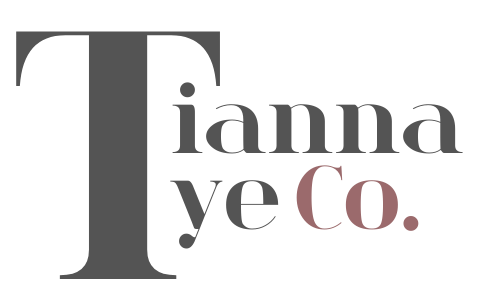Episode 42. Resume Red Flags to Watch Out For
Staff Researcher: Evelyn Gilliard
Resumes Reveal Red Flags
With COVID-19 running rampant, things have changed across all industries… even for small business owners. With over 60 million U.S. citizens filing for unemployment resulting from being laid off or furloughed with a 7.9% unemployment rate - there’s an abundance of applicants for every job opening. Currently, competition is fiercer than ever, which means that many applicants are sliding into your DMs on LinkedIn or even Instagram trying to pitch themselves and make a connection! This is due to companies laying off or even furloughing their employees for several months while unemployment dries up due to most Americans being on unemployment since The Great Recession in the 1930s.
While this may be overwhelming due to the abundance increase of applications for you to sort through to find your next dream hire, you are not in this alone! Even if you already know precisely what you are looking for in a candidate, do you know what you should be looking out for? That’s right, RED FLAGS!
If this sounds like what you’re is experiencing, stay tuned, my friend, because we will go over four red flags to watch out for from a potential applicant!
SPELLING ERRORS
Spelling errors are the most common red flag on a resume, and if you have a lot of applications, then this one should be thrown out. This may sound harsh, but your potential candidate will need to be able to communicate with their colleagues, superiors, and possibly your clients through e-mail or text without mistakes. It is not appealing to potential clients to appear ignorant over fundamental grammatical issues while discussing important projects or events. Spelling errors on their resume also shows that they do not pay attention to detail and that this will be indicative of their performance on the job.
UNSPECIFIC CONTENT
Unspecific content means copying and pasting the same information repeatedly for various jobs and not tailoring their resume for your organization specifically. Not only is it lazy if they do not highlight their specific skills and experience that matches the job description, but they are focusing on quantity over quality - this makes potential candidates seem desperate and that they will choose whatever they can take. Therefore, do they really want to work for you, or are you just a stepping stone until they find something better?
LACK OF DETAIL
If an application lacks details, then you as the employer are essentially receiving their job duties but not their achievements in what they accomplished in their previous roles. For example, if a resume has a bullet point listed as “I increased our sales within our company,” that does not tell you any measurable information and how their previous accomplishments can occur at your organization. Instead, a better bullet point to look out for in a resume is “I met and exceeded all of Company X’s quotas, resulting in a 25% increase over 12 months.” Now, you can clearly see that their sales increased by 25% in 12 months, and this will give you an accurate representation of the possibility of what this candidate can do if your company if you were to hire them.
UNNECESSARY/INAPPROPRIATE INFORMATION
A resume should be free from unnecessary and inappropriate information as a general rule of thumb. Especially if you are hiring someone for a more senior, professional role, you want your employees to represent your company. Therefore, there should not be any inappropriate or juvenile email addresses listed in their application, such as unicornlover8008@gmail.com. Instead, you should be on the lookout for emails that have their first and last name, as this ensures you know precisely who you are speaking to, which will be exceedingly helpful when you are going through multiple applications at once. Their resume should also be free of any pictures, hobbies, high school classes, or highly specialized jargon.
Going through numerous applications can be a daunting task, even before COVID-19 was a force to be reckoned with. However, if you keep these four red flags in mind, not only will you cut down your process by throwing away those with errors, but it will better help you choose the right candidates to move forward within the interview process. Good luck!

